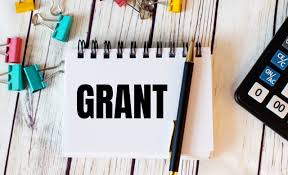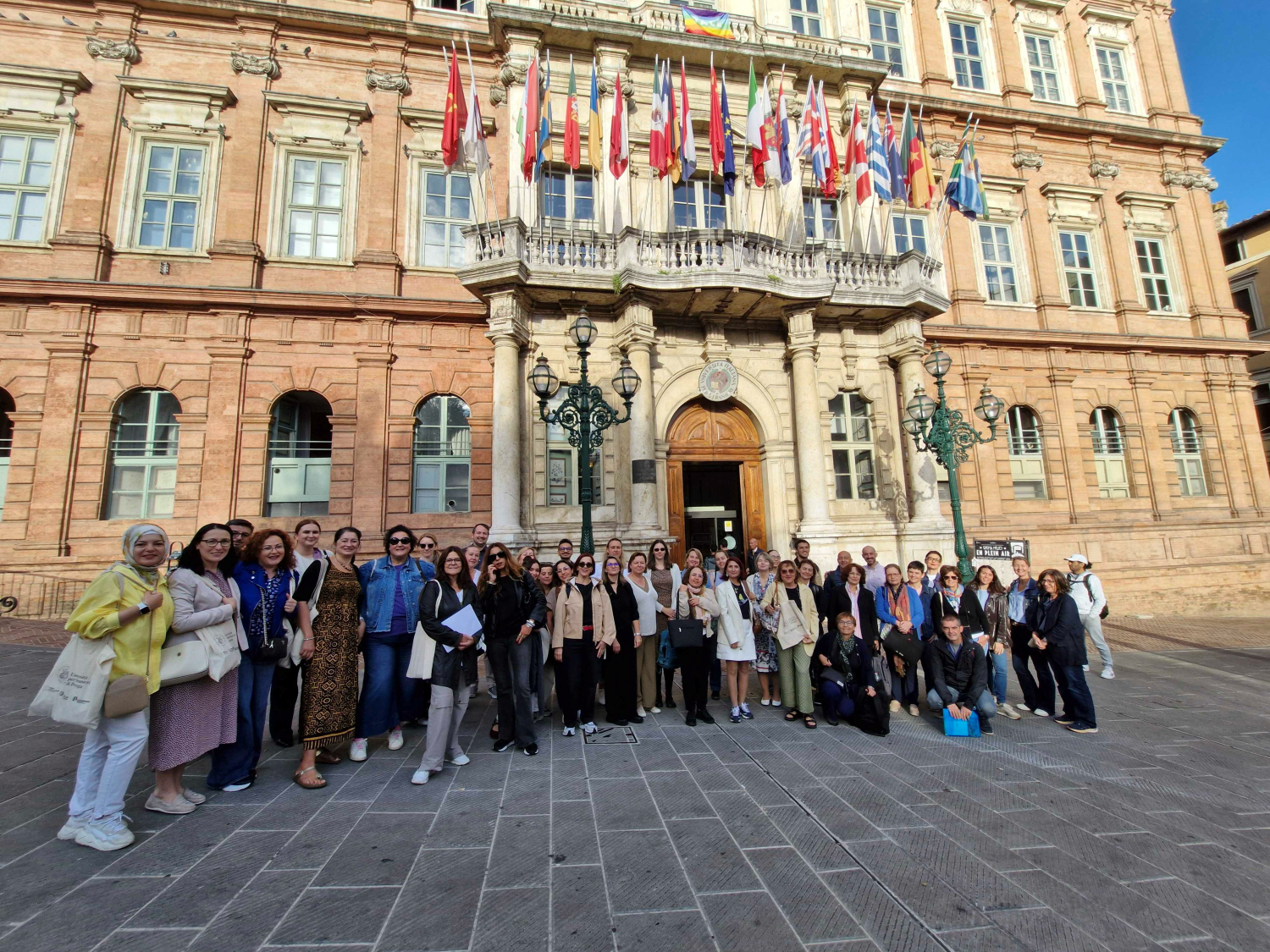
.jpeg)
Working Group 2
Learning and using bi-and multilingual disciplinary literacies in specific subjects
About
WG2 is devoted to learning and using bi-and multilingual disciplinary literacies in specific subjects. It mostly deals with the fact that school disciplines like Maths, Science or History rest upon language forms, lexical words and discourse features which are characteristic of each subject. Their description is valuable as such, but it becomes of even larger importance in the understanding that disciplinary language interferes with content learning. Therefore, WG2 considers the language of History, Maths and Science and describes its make-up and its evolution over the school years. This is done in the belief that language deficits give way to content learning deficits and these to educational deficits. Of course, such situations are exacerbated in the multilingual contexts that this COST ACTION looks at. WG2 therefore examines what is usually referred to as ‘historical literacy’, ‘historical communication’ or ‘history as language of schooling’ in the research literature, with similar labels for the rest of the disciplines.Another major tenet of WG2 is that multilingual education may take many forms and shapes –EMI, CLIL, content-based, regular immersion– and may address many sorts of students –migrant students, bilingual students, refugee students, lingua franca students. Nevertheless, all these situations rest upon a commonality: content of academic nature needs to be formed in a second language.In this scenario, WG2 considers three aspects. Briefly put, it deals with:
a) Description of disciplinary language: we intend to describe the language features of the disciplines at critical points of academic language development, so as to understand the borders and limits of Second Language Instructional Competence in Maths, Science and History.
b) Evolution of disciplinary language: we intend to identify the formal aspects of disciplinary language as regards syntax and discourse functions, so as to reveal the paths of learning and their gradual development. For this, we will use software tools which reveal ideal rates of language growth in areas like vocabulary size, command of cohesion devices, control of complex-structure formation (e.g., nominalization), etc.
c) Competence descriptors: we intend to delineate competence descriptors for Maths, History and Science in relation to a second language in the form of the Common European Framework of Reference, but with the inclusion of content. This will provide a simplified two-level description of competence in which language and content are integrated for Maths, Science and History. In short, WG2 intends to identify language aspects specific to the disciplines and devise tools to describe levels at which second language contact in the classroom needs to be highlighted, tasks need to be scaffolded and national curriculum guidelines need to be reconsidered.
.jpg)
WG Leader: Francisco Lorenzo is Professor of Applied Linguistics at the Universidad Pablo de Olavide (Seville, Spain). His areas of interest are L2 acquisition, bilingualism, sociology of language and European language policy. He is the author of several monographs on Spanish applied linguistics: Motivation and Second Languages (2004), Bilingual Education: content and language integration (2011) and L2 Spanish Academic Language (2020) (co-author). His latest book is Bilingual Academic Language: Concepts and Case Studies (Lorenzo and Granados, Cambridge University Press, forthcoming). Francisco Lorenzo received the Best Research Article Award from the American Association of Applied Linguistics for a paper on bilingualism and social justice (Lorenzo, Granados & Rico, 2020) in the journal Applied Linguistics.

WG Vice-Leader: Dr. Lidija Cvikić is a full professor at the University of Zagreb, Faculty of Teacher Education, where she teaches courses in the BA, MA, and PhD programs. She has also gained international teaching experience as a lecturer of the Croatian language at Indiana University, Bloomington, USA (2005-2007), the University of Klagenfurt Summer School (2017-2023). Since 2023 she has been involved in the establishment of Croaticum - Centar for Croatian language and Culture at the University of Regensburg, Germany. Her research interests encompass Croatian as a second and heritage language, language policy in education, and textbook discourse analysis. She has contributed to five national research projects and collaborated on several international projects (e.g., Matra Kap, Tempus, Erasmus+) centered on language learning and teaching, multilingualism, and teacher education. Additionally, she is an active member of multiple Croatian and international professional associations. She serves on the editorial boards of five international journals and holds the position of Deputy Editor-in-Chief for the journal Strani jezici. Dr. Cvikić was the Vice-Dean for Science, Arts, and International Cooperation at the Faculty of Teacher Education in Zagreb from 2015 to 2018. Since 2019, she has chaired the Department of Croatian Language, Literature, Drama, and Media Culture at the same institution. Her list of publications is available here.
News from the Working Group

Grants
Call for application for conference grants

News
CLILNetLE 2nd Training School in Perugia
Grants
CLIL NetLE's grant call for STSMs and VMs is now open
Events
Strong presence of CLIL NetLE at the World CLIL Conference at Maynooth University, Ireland
News
CLIL NetLE Training School 2025

Events
How Cognitive Discourse Functions Can Shape Our Teaching Practice

News
STSM report

Events
Training School on Corpus Linguistics






